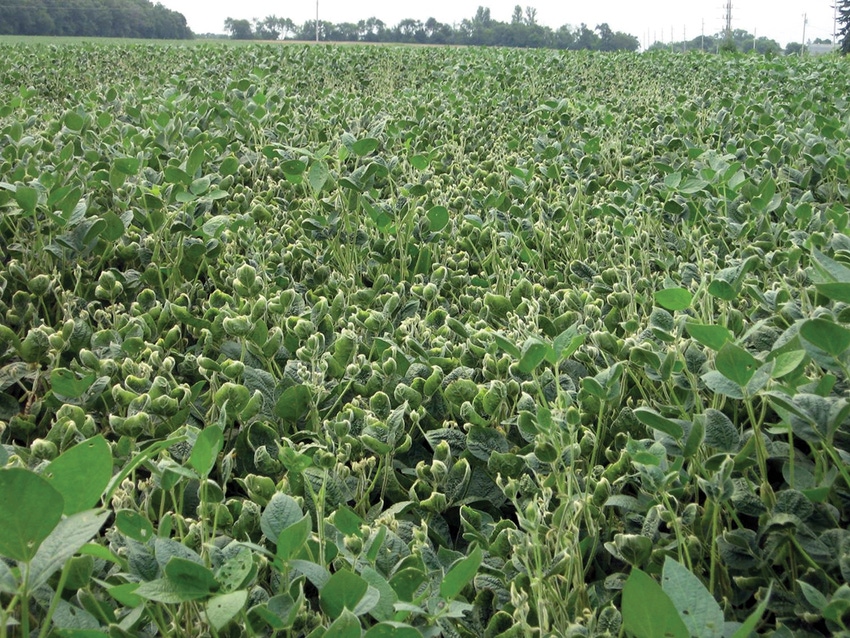June 29, 2017

The dicamba saga continues to roll on. The Arkansas State Plant Board recently passed a regulation to stop the sale and use of dicamba in Arkansas. That has now been sent to the governor.
Situations like this have no real winners. I have said from the beginning this technology would drive a wedge between farmers and also drive a wedge between agriculture and non-agriculture.
At the time the decision was made, the Plant Board was approaching 300 complaints on alleged dicamba injury. Is this the agriculture we really want?
The issue boiled down to whether or not to let the use continue for those who bought the Xtend technology with the understanding they could spray it with Engenia; or stop the use and hope the crops that had already been affected recover without being hit again.
One could take either side of that issue in a high school debate. The Plant Board is well aware of the implications on both sides and listened to folks on both sides.
However, people have the right to plant anything they wish without having chemical trespass on it.
I read the company response to the Board action and while not surprised, I thought, “Wow!” There was not even an acknowledgement that major off-target issues are occurring.
There is no way for the Plant Board to document and substantiate the full extent of the damage occurring. To get a good estimate of the extent in northeast Arkansas, you could pretty much take the soybean acres north of I-40 and east of Crowley’s Ridge; subtract the Extend soybean acres from that and have the answer. There are also other areas in the state affected as well.
Some keep saying the off-target issues are only occurring in Arkansas. It is common knowledge the same issues are occurring in surrounding states, but fewer people, especially regulators, are making eye contact with it.
There are those implying we don’t know how to spray in Arkansas. I would predict the same issues will occur in other states as the season progresses, although I sincerely hope I am wrong.
In my comments at a recent Plant Board meeting I said the companies have had a free pass in the regulatory process. They have refused to participate in trying to find answers on how the technology can be used and the herbicides stay on target. You should have seen the response when they were asked last year if they would consider pulling a grower agreement from anyone who sprayed dicamba illegally. The standard response is regulation is a Plant Board issue, but nobody is happy with the decisions they are forced to make.
While I wish it could be different, spraying large acreages with dicamba in the summer, without off-target effects, is virtually impossible. The marketing model of “when you get tired of getting your crop injured, plant ours” is very flawed for a lot of reasons.
Unless the companies and the growers who want this technology to be successful can come forward with some serious suggestions and help in the regulatory process, the chemical portion of this technology is destined to fail. That is certainly not my desire. I support any technology that can be used without adversely affecting those who chose not to use it.
About the Author(s)
You May Also Like




